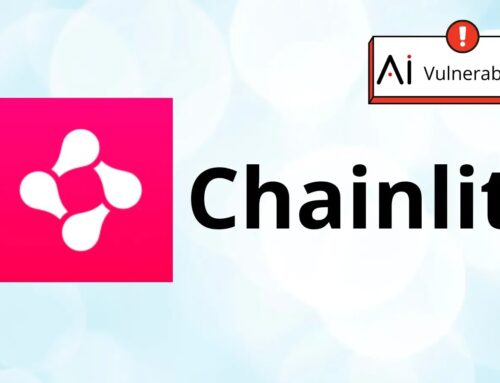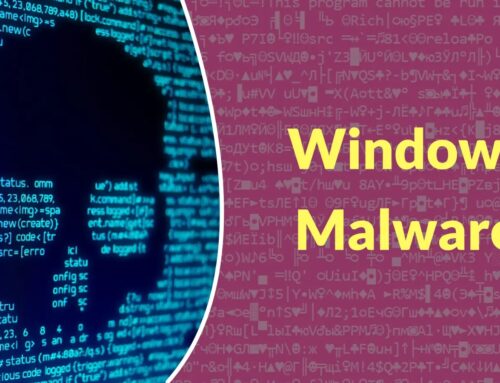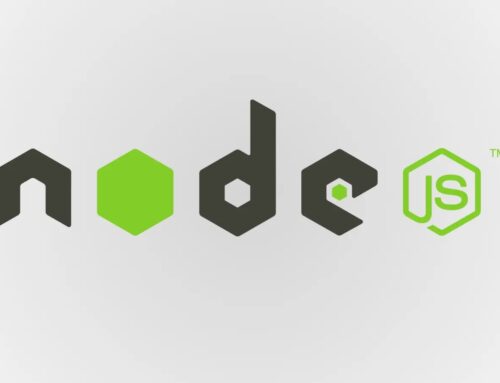
US Sanction Key Threat Actors Linked With North Korea’s Remote IT Worker Scheme
Unmasking Illicit Operations: US Sanctions Against North Korea’s Remote IT Worker Scheme
Recent actions by the United States Department of the Treasury have cast a critical spotlight on North Korea’s audacious scheme involving the deployment of its IT workers globally. These individuals, often disguised as legitimate remote employees, secretly funnel millions of dollars back to the DPRK, directly funding its illicit weapons programs. This isn’t just about financial sanctions; it’s a strategic move to disrupt a pervasive national security threat. This blog delves into the specifics of these sanctions, illuminates the modus operandi of these actors, and outlines essential takeaways for businesses and individuals worldwide.
The Core of the Problem: North Korea’s Illicit Funding Machine
North Korea, under stringent international sanctions, has ingeniously circumvented economic restrictions by exploiting the burgeoning remote work economy. By placing highly skilled IT professionals in companies worldwide, they generate revenue that directly supports their weapons of mass destruction (WMD) and ballistic missile programs. This scheme not only provides a financial lifeline but also presents significant cybersecurity risks to the companies unknowingly employing these individuals.
Key Outlines:
- The US Treasury’s Targeted Sanctions: A deep dive into the specific entities and individuals sanctioned, their roles, and the rationale behind these designations.
- Modus Operandi of DPRK IT Workers: Understanding how these individuals infiltrate legitimate businesses, their deceptive practices, and the technical mechanisms they employ.
- Cybersecurity Risks and Vulnerabilities: Exploring the potential threats posed by these workers, including intellectual property theft, data exfiltration, and the introduction of malware.
- Remediation Actions for Businesses: Practical steps companies can take to identify and mitigate the risks associated with unknowingly hiring DPRK IT workers.
- Tools for Enhanced Due Diligence: A comprehensive look at the technological solutions available to help businesses vet remote employees and secure their networks.
- Legal and Ethical Implications: Discussing the broader consequences for companies and individuals involved, even unwittingly.
- The Importance of Global Cooperation: Why international collaboration is paramount in combating this widespread threat.
Summaries of Key Outlines:
The US Treasury’s Targeted Sanctions: The U.S. Office of Foreign Assets Control (OFAC) has designated specific individuals and entities involved in facilitating North Korea’s remote IT worker scheme. These sanctions aim to disrupt the financial networks supporting Pyongyang’s illicit activities. By cutting off access to the international financial system for these facilitators, the U.S. aims to choke off a vital revenue stream for North Korea’s military programs.
Modus Operandi of DPRK IT Workers: These highly skilled workers employ sophisticated tactics to conceal their identities and origins. They often use stolen or fabricated identities, collaborate with non-DPRK facilitators, and leverage virtual private networks (VPNs) and proxy servers to mask their true locations. Their skill sets range from software development and mobile app creation to artificial intelligence and blockchain technology, making them attractive candidates for remote positions.
Cybersecurity Risks and Vulnerabilities: Beyond the financial implications, the presence of DPRK IT workers within a company’s infrastructure poses significant cybersecurity risks. These can include unauthorized access to sensitive data, intellectual property theft, the potential for introducing malicious code (e.g., CVE-2023-38831, a common vulnerability exploited in various attacks), establishment of backdoors, and reconnaissance for future cyberattacks. The threat actors are not simply coders; they are state-sponsored agents with a mandate to benefit their regime.
Remediation Actions for Businesses: To counter this threat, businesses must implement robust hiring practices, including enhanced background checks, identity verification using biometric data, and continuous monitoring of employee network activity. It’s crucial to understand that traditional background checks might not be sufficient against state-sponsored deception. Companies should also review their existing agreements with third-party contractors and ensure compliance with sanctions regimes.
Tools for Enhanced Due Diligence: Leveraging technology is paramount in identifying and preventing the infiltration of DPRK IT workers. The table below outlines some key tools and their functionalities:
| Tool Category | Example Tools | Functionality |
|---|---|---|
| Identity Verification & Biometrics | Jumio, Onfido, Veriff | Real-time ID verification, facial recognition, liveness detection to prevent identity fraud. |
| IP Address & Geolocation Tracking | MaxMind GeoIP, IP2Location, Digital Element | Identify the true geographical origin of network connections, detect VPN/proxy usage. |
| Behavioral Analytics & UEBA | Exabeam, Splunk UBA, Microsoft Sentinel UEBA | Monitor user behavior for anomalous activities, detect insider threats, flag unusual access patterns. |
| Network Traffic Analysis (NTA) / NDR | Darktrace, Vectra AI, ExtraHop | Detect suspicious network communications, data exfiltration attempts, and command-and-control traffic. |
| Threat Intelligence Platforms | Recorded Future, Mandiant Advantage, CrowdStrike Falcon Intelligence | Provide insights into known threat actors, their tactics, techniques, and procedures (TTPs), and indicators of compromise (IOCs). |
| Endpoint Detection & Response (EDR) | CrowdStrike Falcon, SentinelOne Singularity, Microsoft Defender for Endpoint | Monitor and secure endpoints, detect and respond to malicious activities at the device level. |
Legal and Ethical Implications: Companies found to be in violation of sanctions, even unwittingly, face severe penalties, including hefty fines and reputational damage. It underscores the critical responsibility of businesses to perform thorough due diligence and ensure compliance with international regulations. Understanding the nuances of OFAC regulations is no longer optional but a critical business imperative.
The Importance of Global Cooperation: This sophisticated scheme highlights the transnational nature of modern threats. Effective countermeasures require close collaboration between governments, law enforcement agencies, and the private sector worldwide. Sharing intelligence and best practices is essential to staying ahead of these constantly evolving illicit operations.
Key Takeaways for Businesses and Cybersecurity Professionals:
- Due Diligence is Non-Negotiable: Implement rigorous screening processes for all remote workers, beyond just checking references. Focus on identity verification and behavioral monitoring.
- Leverage Technology: Utilize the tools mentioned above for IP verification, behavioral analytics, and continuous monitoring to detect anomalies.
- Educate Your Teams: Ensure HR, IT, and legal teams are aware of these threats and the tell-tale signs of suspicious remote worker behavior.
- Review Contractor Agreements: Scrutinize contracts with third-party recruiters and IT service providers to ensure they have robust vetting processes.
- Stay Informed: Regularly check advisories from government agencies like OFAC and cybersecurity threat intelligence reports to stay updated on new tactics and designated entities.
- Report Suspicious Activity: If you suspect you’ve unknowingly hired a DPRK IT worker, immediately consult with legal counsel and consider reporting the activity to relevant authorities.
The US sanctions against North Korea’s remote IT worker scheme serve as a stark reminder of the complex and evolving nature of national security threats in the digital age. By understanding the tactics employed, implementing stringent safeguards, and fostering international cooperation, businesses and governments can collectively mitigate this significant risk and prevent illicit funds from fueling dangerous regimes.
“`





